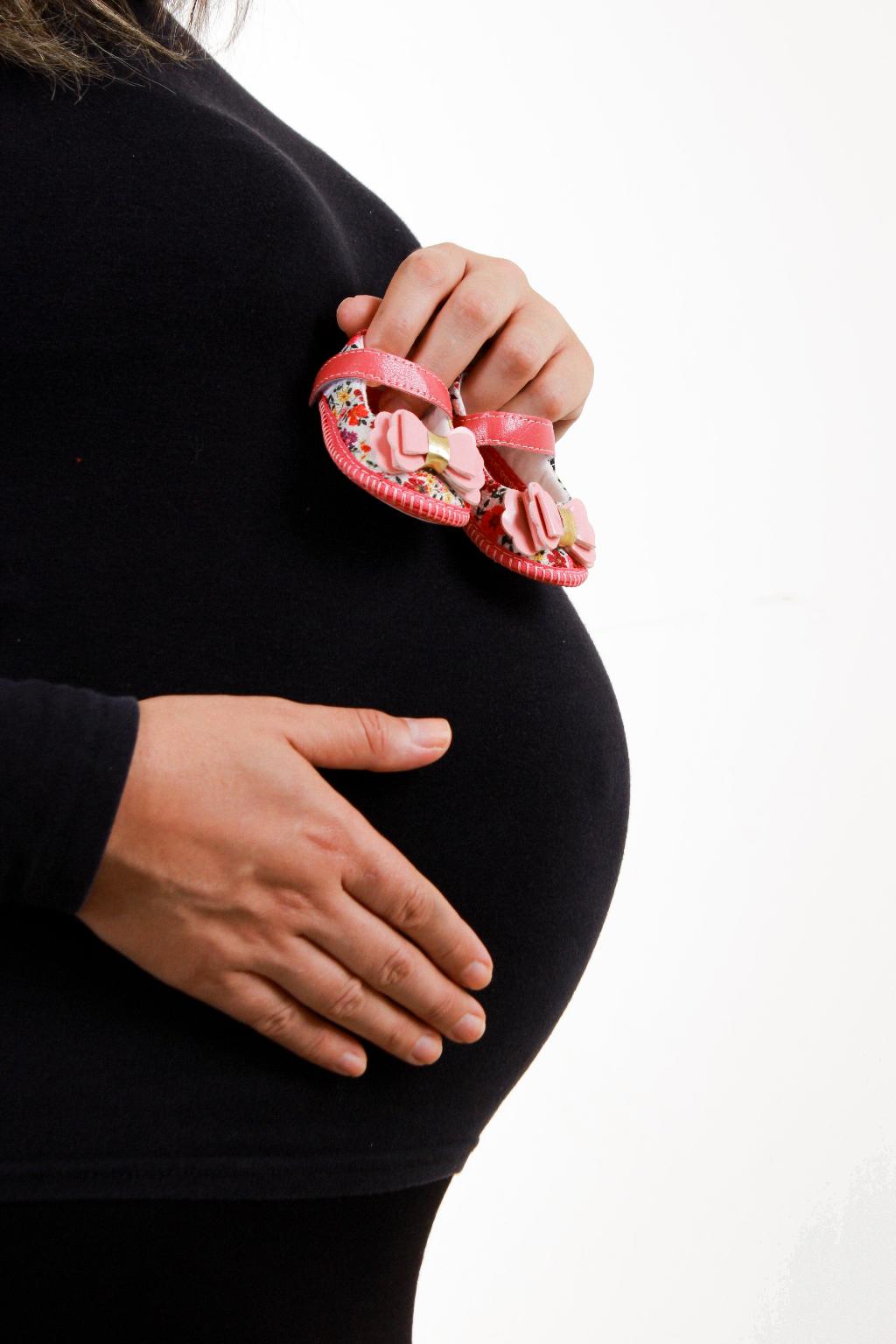When it comes to the well-being of both mother and baby during pregnancy, the role of essential nutrients cannot be overlooked. Among these vital nutrients, Vitamin E plays a significant role in supporting a healthy pregnancy. But the question that often arises is: Does Vitamin E reduce the risk of miscarriage?
Understanding Miscarriage Risk Factors
Miscarriage, the loss of a pregnancy before 20 weeks, can be a devastating experience for expecting parents. Various factors such as hormonal imbalances, genetic abnormalities, chronic illnesses, and lifestyle choices can contribute to the risk of miscarriage.
The Impact of Vitamin E Supplementation
Research suggests that taking supplementary Vitamin E, specifically doses of at least 200 IU daily, and possibly up to 400 IU daily, can significantly reduce the risk of miscarriage. Vitamin E, known for its antioxidant properties, plays a crucial role in protecting cells from damage caused by free radicals.
Protecting Fetal Development
During pregnancy, the developing fetus is particularly vulnerable to oxidative stress. By combating free radicals and reducing oxidative damage, Vitamin E helps create a favorable environment for fetal growth and development, potentially lowering the risk of miscarriage.
The Role of Antioxidants in Pregnancy
Antioxidants like Vitamin E play a key role in maintaining the delicate balance between oxidative stress and antioxidant defenses in the body. This balance is crucial for supporting a healthy pregnancy and reducing the risks associated with miscarriage.
Evidence from Clinical Studies
Clinical studies have highlighted the potential benefits of Vitamin E supplementation in reducing the risk of miscarriage. While further research is needed to fully understand the mechanisms behind this protective effect, the existing evidence suggests a favorable association between Vitamin E intake and pregnancy outcomes.
Consulting with Healthcare Providers
As with any supplementation during pregnancy, it is essential to consult with healthcare providers before starting Vitamin E or any other supplement regimen. Healthcare professionals can provide personalized guidance based on individual health needs and ensure the safe and effective use of supplements.
Considering Dietary Sources of Vitamin E
In addition to supplementation, incorporating Vitamin E-rich foods into the diet can also contribute to overall health and well-being during pregnancy. Foods like almonds, spinach, avocado, and sunflower seeds are excellent sources of Vitamin E that can support maternal and fetal health.
Ensuring Adequate Nutrition
While Vitamin E may offer protective benefits against miscarriage, it is important to remember that overall nutritional intake plays a crucial role in pregnancy outcomes. A balanced diet rich in essential nutrients, along with proper prenatal care, is essential for supporting a healthy pregnancy.
Empowering Expecting Mothers
By staying informed about the role of Vitamin E in pregnancy and taking proactive steps to ensure optimal nutrition, expecting mothers can empower themselves to make informed choices that support the health and well-being of both themselves and their developing baby.
Conclusion: Nurturing a Healthy Pregnancy
In conclusion, while the question of whether Vitamin E reduces the risk of miscarriage may not have a definitive answer, the evidence suggests a potential protective effect of Vitamin E supplementation in supporting a healthy pregnancy. By prioritizing overall nutrition, consulting with healthcare providers, and incorporating Vitamin E-rich foods into the diet, expecting mothers can take proactive steps to nurture a healthy pregnancy and reduce the risks associated with miscarriage.

